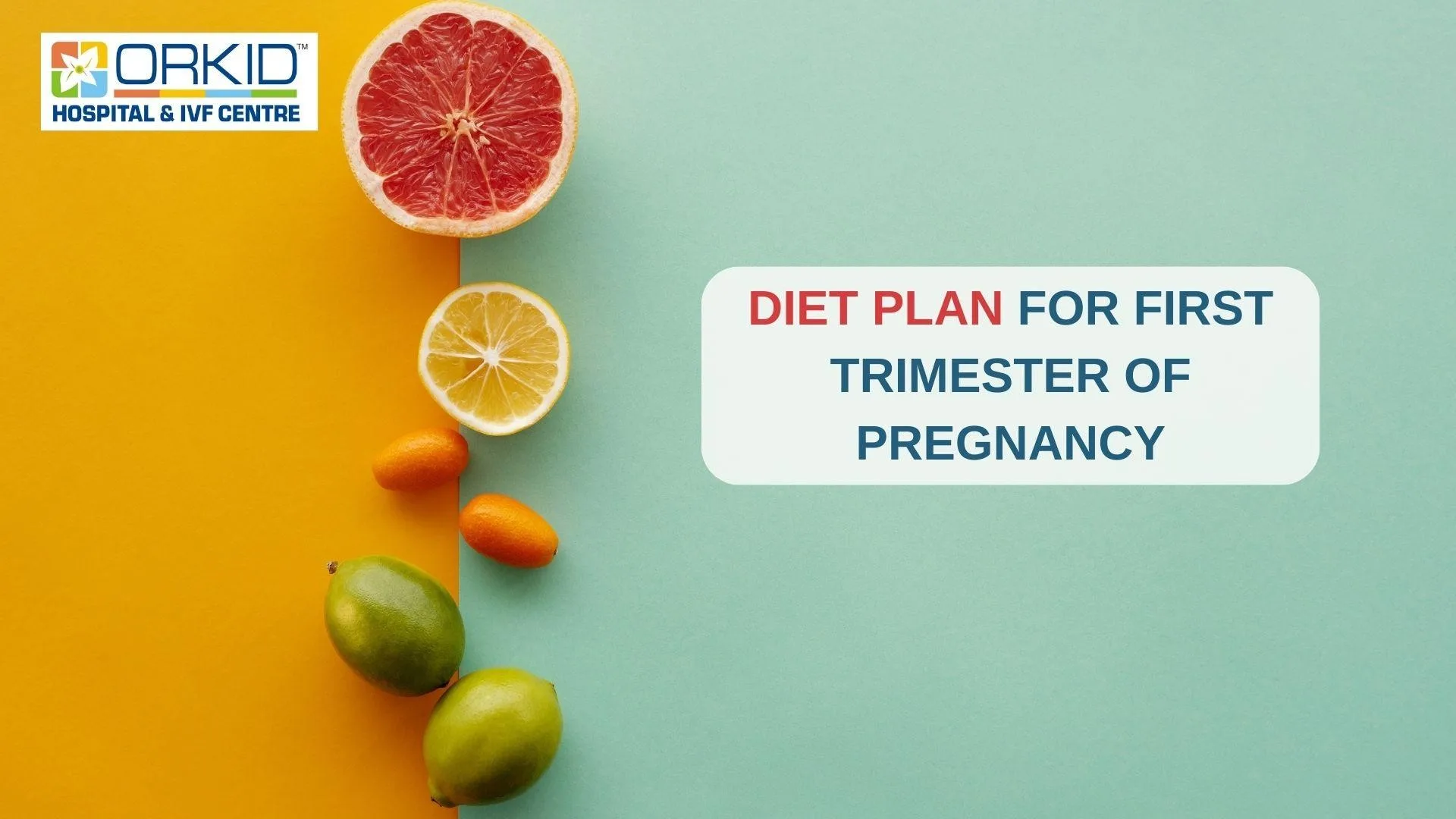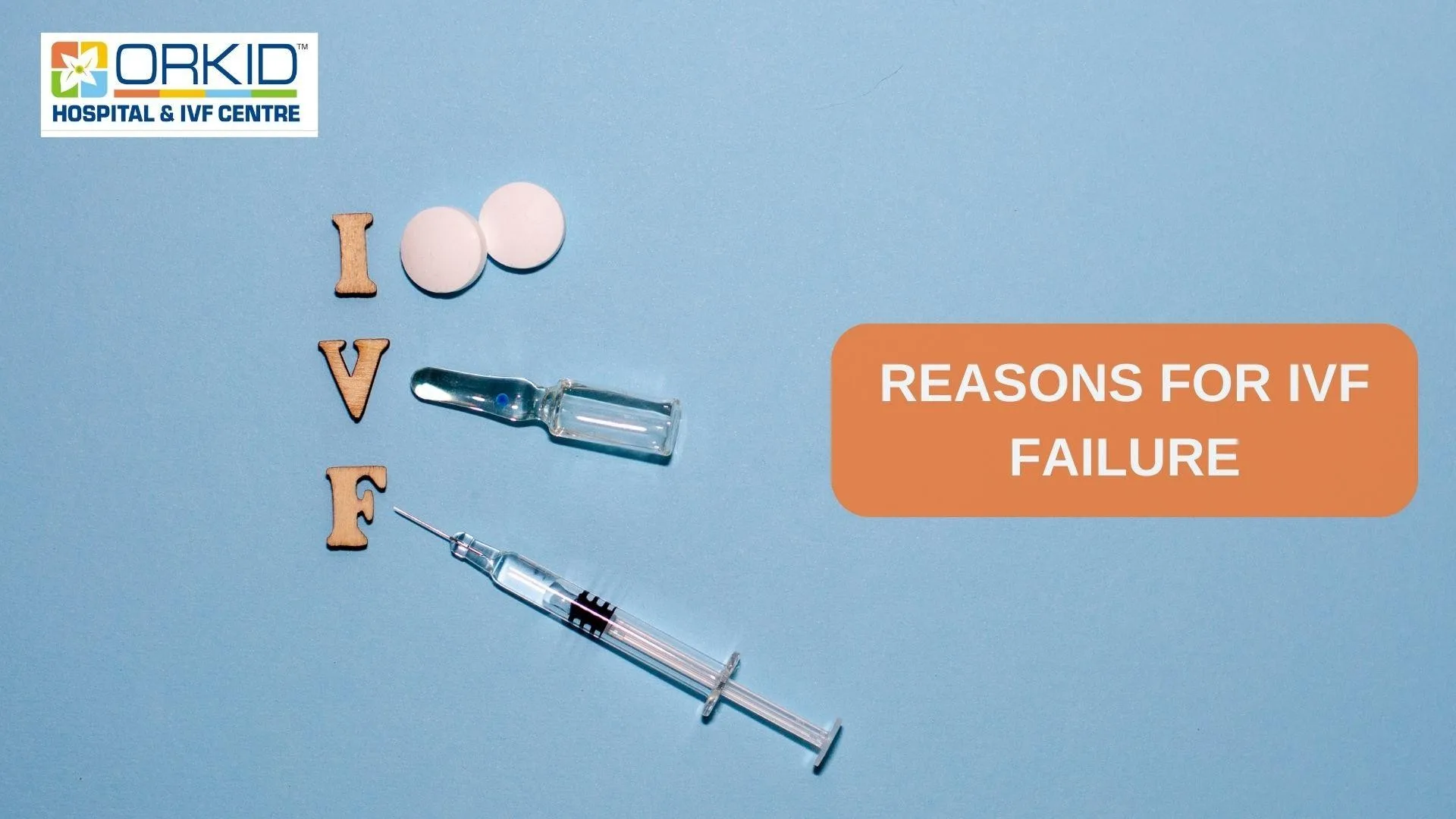When couples or individuals experience multiple IVF (in vitro fertilization) cycle failures, it can be emotionally and physically exhausting. However, understanding the possible causes behind these failures is essential to increasing the chances of success in future attempts, explains Dr Kaajal Mangukiya — founder of one of the best IVF hospitals in Surat — orkidmedilife Hospital and IVF Centre. Testing plays a crucial role in uncovering underlying issues that might be affecting the outcomes. In this blog, you’ll learn about the key tests recommended after repeated IVF failures and how they contribute to identifying and addressing potential problems.
1. Comprehensive Chromosomal Testing
Why It’s Important
Chromosomal abnormalities are a common cause of failed IVF cycles. Embryos with genetic issues may fail to implant or result in early miscarriages. By performing chromosomal testing, doctors can identify these issues and select healthier embryos.
Recommended Tests
● Preimplantation Genetic Testing (PGT): The best gyno in Surat recommend this to screen embryos for chromosomal abnormalities before implantation, ensuring only viable ones are transferred.
● Karyotyping: Both partners undergo this test to detect any chromosomal rearrangements or genetic conditions that could affect embryo development.
2. Uterine and Endometrial Evaluations
Why It’s Important
A healthy uterine environment is essential for successful embryo implantation. Structural abnormalities, infections, or poor endometrial receptivity can hinder the process.
Recommended Tests
● Hysteroscopy: This minimally invasive procedure examines the uterine cavity for polyps, fibroids, adhesions, or other abnormalities.
● Sonohysterography (Saline Infusion Sonography): Experts at the best IVF centre in Surat — Oorkid Hospital and IVF Centre — recommend this evaluation. It uses saline and ultrasound to provide detailed images of the uterus.
● Endometrial Receptivity Analysis (ERA): This test determines the optimal timing for embryo transfer by assessing the endometrium’s receptivity.
3. Thrombophilia and Clotting Disorders Testing
Why It’s Important
According to the doctors at the best test tube baby centre in Surat, blood clotting disorders can disrupt proper blood flow to the uterus, affecting implantation or early pregnancy development.
Recommended Tests
● Thrombophilia Screening: It identifies inherited or acquired clotting disorders, such as antiphospholipid syndrome or Factor V Leiden mutation.
● Complete Blood Count (CBC) with Coagulation Profile: This test evaluates blood cell counts and clotting factors.
4. Hormonal Testing
Why It’s Important
Hormonal imbalances can disrupt egg quality, ovulation, or the uterine environment, all of which are critical for IVF success.
Recommended Tests
● Thyroid Function Tests: Abnormal thyroid hormone levels can interfere with fertility.
● Prolactin Levels: Elevated prolactin can inhibit ovulation and affect reproductive hormones.
● Luteal Phase Defect Testing: This evaluation is suggested by the experts at the best infertility centres in Surat for testing progesterone levels to ensure sufficient support for early pregnancy.
5. Immune System Assessment
Why It’s Important
In some cases, an overactive or improperly functioning immune system may attack the embryo, preventing implantation, explains Dr Kaajal Mangukiya, one of the best gynos in Surat.
Recommended Tests
● Natural Killer (NK) Cell Testing: High levels or activity of NK cells can disrupt implantation.
● Antiphospholipid Antibody Testing: This detects antibodies that may cause recurrent implantation failure or miscarriages.
6. Male Factor Testing
Why It’s Important
Male fertility issues often go undiagnosed, but sperm quality plays a vital role in embryo development.
Recommended Tests
● Semen Analysis: This examines sperm count, motility, and morphology.
● DNA Fragmentation Testing: It evaluates sperm DNA integrity, as high fragmentation can lead to poor embryo quality.
● Y-Chromosome Microdeletion Testing: This identifies genetic defects in the Y chromosome that could affect fertility.
7. Lifestyle and Environmental Factors Analysis
Why It’s Important
Lifestyle choices and environmental exposures can influence fertility for both partners.
Recommended Steps
● Toxicology Screening: Exposure to heavy metals or toxins can impair reproductive health.
● Lifestyle Review: Doctors may evaluate factors such as smoking, alcohol use, stress, and diet.
How Testing Helps Improve Future IVF Success
Each of these tests contributes critical information that helps fertility specialists tailor treatments and optimize IVF protocols, according to the best gynaecologists in Surat. For instance:
● Embryo Selection: Chromosomal and mitochondrial testing helps prioritize embryos with higher chances of survival.
● Personalized Transfer Timing: ERA identifies the precise implantation window, improving synchronization between the embryo and the uterus.
● Corrective Treatments: Identifying hormonal imbalances, immune dysfunctions, or uterine issues allows targeted treatments, such as hormone therapy, anticoagulants, or surgery.
Conclusion
Facing multiple IVF failures can feel discouraging, but advanced diagnostic testing provides a path forward. By identifying hidden causes, fertility specialists can refine treatment plans, increase the likelihood of success, and provide renewed hope. If you’ve experienced repeated IVF failures, consult your doctor about these tests to take proactive steps toward achieving your dream of parenthood.



